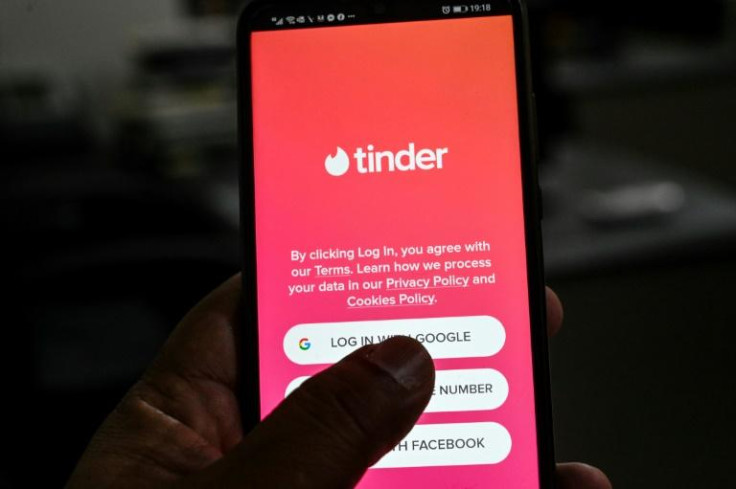Opposites may not always attract in love and sex according to study
Multiple studies over the last few decades have debunked the idea of opposites feeling drawn to each other
We must have heard it a million times and have grown up believing that "opposites attract," but various studies carried out over the years have proven that it may not actually always be the case.
A 2017 study by Angela Bahn, an associate psychology professor at Wellesley College, USA, found that couples had more similarities than differences on "86% of variables measured," including attitudes, values, recreational activities, and substance use.
Romantic partners matched closely on their perspectives about gay marriage, abortion, the government's role in citizens' lives, and the significance of religion.
However, sociologist Robert Francis Winch in the 1950s had argued that attraction was more a matter of complementing someone rather than being similar.
For example, an extroverted man would be attracted to an introverted woman, while an assertive woman could find a submissive man more attractive.
He studied spouses and concluded that a person is attracted to someone who possesses the traits that the former lacks. But there is no evidence that supports Winch's hypothesis.
He was the one who first came up with the "opposites attract" hypothesis, but his suggestions have been debunked by several subsequent studies.
A study published in The Sage Journals analysed the digital footprint of more than 45,000 individuals and found that people who had similar likes and word choices in their social media posts were more likely to be friends.
Some of the studies have also shown that online daters are more likely to respond to people who have similar sociodemographic dimensions as themselves.
A review of as many as 313 studies with over 35,000 participants found out that similarity was one of the important factors in the early stages of a relationship. However, this is not the end of the story.
People who have different takes on certain issues can become successful partners since people have this inherent need to grow. "Dating a person who had alternate perspectives on hot-button issues like religion and vaccine broadened my perspective," said Ipek Kuckuk, dating and trends expert at dating app Happn.

© Copyright IBTimes 2025. All rights reserved.






















